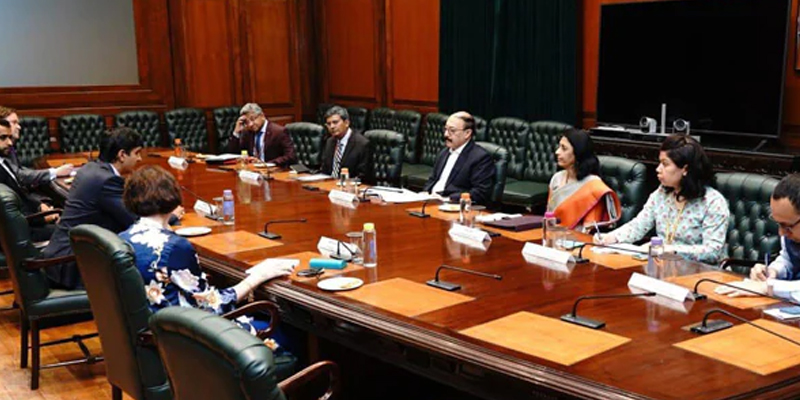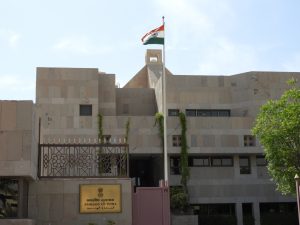Senator Kamala Harris of California, whom Joseph R. Biden Jr. selected as his vice-presidential running mate on Tuesday, embracing a former rival who sharply criticized him in the Democratic primaries but emerged after ending her campaign as a vocal supporter of Mr. Biden’s and a prominent advocate of racial-justice legislation after the killing of George Floyd in late May.
She would be the first Black woman and the first person of Indian descent to be nominated for national office by a major party. A pragmatic moderate, Kamala Harris was a barrier-breaking prosecutor before being elected to the Senate in 2016.
Kamala Harris, 55, was born in Oakland, California. She is a former attorney general of California and a former San Francisco district attorney.
When she announced her own bid for the presidency — on Martin Luther King’s Birthday in 2019 — she pitched herself as a history-making candidate, paying homage to Shirley Chisholm, the New York congresswoman who became the first woman to seek the Democratic Party’s nomination for president.
Ms. Harris’s record as a prosecutor — she was the San Francisco district attorney from 2004 to 2011, and the California attorney general from 2011 to 2017 — was a major theme of her presidential campaign and will almost certainly be discussed in the general election, especially given the national outcry over police brutality and systemic racism since the killing of George Floyd.
Ms. Harris has described herself as a “progressive prosecutor” and argued that it is possible to be tough on crime while also confronting the deep inequities of the criminal justice system. She has said she became a prosecutor because she believed she could best change the system from within, a message that became a key part of her pitch as a presidential candidate: that voters could trust her to overhaul the justice system because she knew it “from the inside out.”
But aspects of her record have been a source of criticism, especially from the left.
As attorney general, she rarely prosecuted police officers who killed civilians, though by the time she left that office, she had opened some reviews of police departments. She was also criticised for refusing to allow advanced DNA testing that might have exonerated Kevin Cooper, a Black man on death row, and for defending some convictions against allegations of prosecutorial misconduct.































